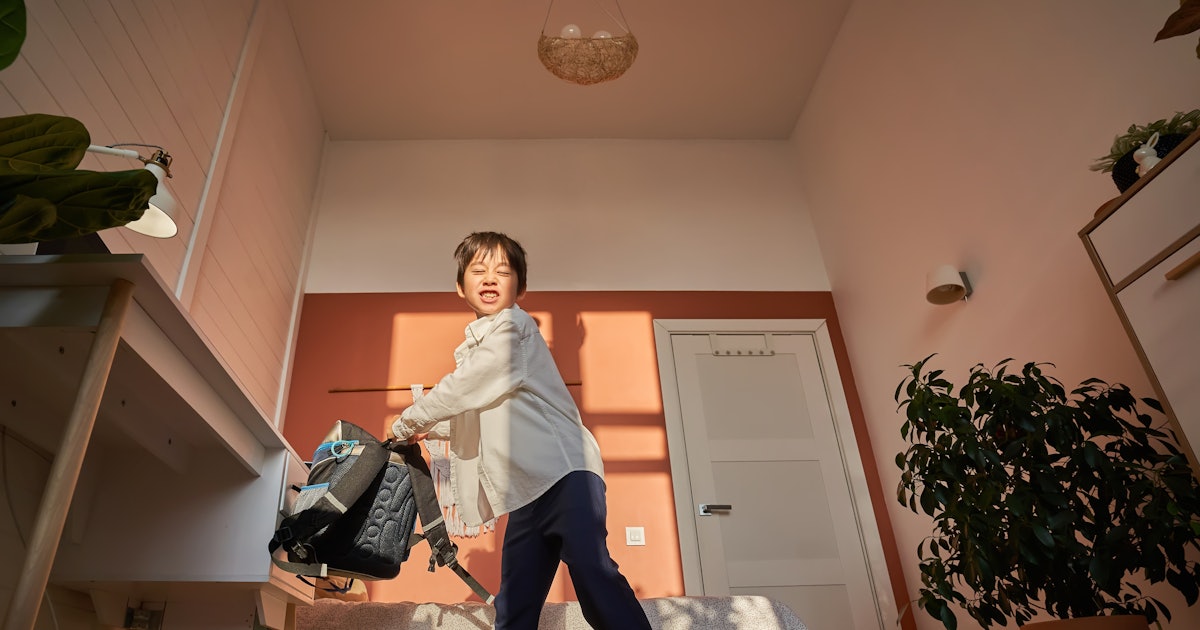I recently observed a child having a challenging time during elementary school drop-off. While his sister happily entered the school gate, he resisted, preparing for a standoff with an audience. Despite his escalating emotions, my friend, the mother, stayed composed and tried to guide him towards the gate as he attempted to move in the opposite direction. Negotiation attempts failed, leading to a tense situation where neither side was willing to yield. Witnessing this scenario brought back memories of similar experiences, causing my heart rate to rise.
Dealing with public tantrums is incredibly tough. Despite my efforts to stay calm, I often feel a mix of frustration and self-consciousness. This internal struggle spirals as I criticize myself for my reactions, feeling guilty for not handling the situation better. The thought that my parenting skills are to blame for my child’s outbursts haunts me, creating a cycle of self-doubt.
Reflecting on that day at the school gate, a realization struck me as I drove away: witnessing another parent manage a meltdown didn’t make me question her parenting abilities—it actually increased my respect for her. This epiphany made me reconsider my tendency to blame myself for my children’s challenging moments. Perhaps, I thought, these struggles are not solely a reflection of my parenting but a natural part of life’s unpredictability.
I used to believe that being a flawless parent would shield my child from hardship. However, I now recognize the fallacy in this thinking. Striving for perfection by suppressing my emotions and reactions only led to unrealistic expectations and self-criticism. I had internalized the idea that every misstep was a direct result of my actions, a mindset that only intensified over time.
Comparing myself to other seemingly composed parents only fueled my self-judgment. However, witnessing my friend handle a public tantrum with grace showed me a more compassionate way to view these moments. Understanding that everyone experiences highs and lows in parenting allowed me to extend the same empathy to myself during challenging times.
This newfound perspective was tested when my daughter had a meltdown a few days later. Despite trying to address her needs and frustrations, I struggled to remain compassionate towards myself. The situation escalated until she broke a cherished Christmas ornament, leading to a moment of shared vulnerability and reflection on feelings of shame and self-worth.
As I comforted my daughter and crafted a mantra to affirm her value despite mistakes, I realized that teaching her self-compassion required me to embody it as well. Acknowledging that imperfection is part of parenthood and that mistakes do not diminish love became a crucial lesson for both of us.
Laura Onstot, a former research nurse turned stay-at-home mom, shares her journey through motherhood with honesty and humor. Embracing the imperfect moments and finding solace in writing, she navigates the complexities of raising children while cherishing the love that binds their family together. Follow her adventures on her blog, Nomad’s Land, or connect with her on Twitter @LauraOnstot.
If you’re eager for more, stay tuned for what’s coming next.

